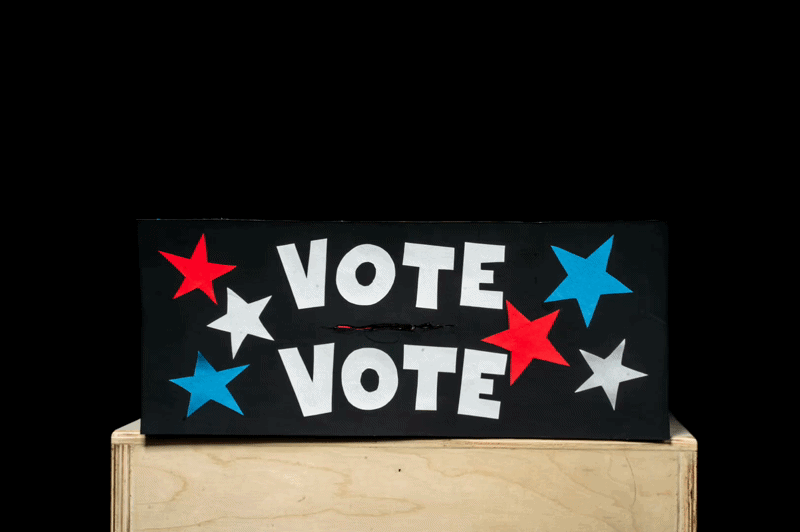State legislators say offsetting the current fiscal year's budget deficit and balancing the budget next year is proving to be the omnipresent issue plaguing them right now.
With the deadlines for getting both a new cigarette tax bill signed into law and balancing next fiscal year's budget fast approaching, state legislators are scrambling to get both done.
Last week, Gov. Jennifer Granholm set June 15 as the deadline for the cigarette tax bill to be signed into law. The bill, which is currently in committee, will increase the tax on cigarettes from $1.25 per pack to $2.00, and is aimed at offsetting Michigan's $250 million shortfall for the current fiscal year.
The tax will go into effect July 1 and is expected to generate $100 million between then and Sept. 30, the day before the new fiscal year begins.
But some Republicans, including Sen. Valde Garcia, R-Howell, said the cigarette tax increase is an easy way out for coming up with ways to offset this year's deficit.
"The problem is the governor offers us only those options - raise the cigarette tax or cut school funding," Garcia said. "We don't believe she explored enough other options."
Garcia said there are other areas that can be cut for next year's budget, and it's up to the Legislature to "figure out who has the most ropes (for cutting)."
Next fiscal year's budget, which is due by Sept. 30, also includes a proposed change to the Higher Education appropriations resulting from Senate Bill 1067. Granholm's version of the bill, as introduced in the Senate, calls for eliminating about $65 million in scholarships for private institutions in the state as well as vanquishing about $20 million in Michigan Merit Award scholarships for all students with a 'C' grade average, said Greg Bird, spokesman for the State Budget Office.
"Even if we were to cut that $65 million, that still leaves about $130 million worth of scholarship monies that would be available to students attending private universities," Bird said.
Several other scholarships are available for students who attend private institutions, Bird said, including the Michigan Merit Scholarship and Michigan Competitive Scholarship.
But the Senate in March passed a version of the bill that doesn't have provisions for the private institution scholarship cuts, and Rep. Gretchen Whitmer, D-East Lansing, said Republicans will need to generate additional ideas if they're not willing to take such cuts.
"Republican legislation has said, 'We don't like all the pieces of Granholm's budget,' so they'll have to come up with a balanced budget with the cuts they can deal with," Whitmer said.
Other legislation ideas are currently being tossed around. Sen. Shirley Johnson, R-Royal Oak, suggested an entertainment tax that would place a 5 percent tax on all live entertainment. The idea hasn't been introduced as legislation yet. Rep. Larry Julian, R-Lennon, introduced legislation in late April that would double tax on casino winnings, but it is still making its way through committee hearings.
The fact Granholm's budget includes the uncoupling of the estate tax and the liquor tax is unsettling to Republicans, Whitmer said.
"We know what they don't like, but we don't know enough about what they do like," she said.






